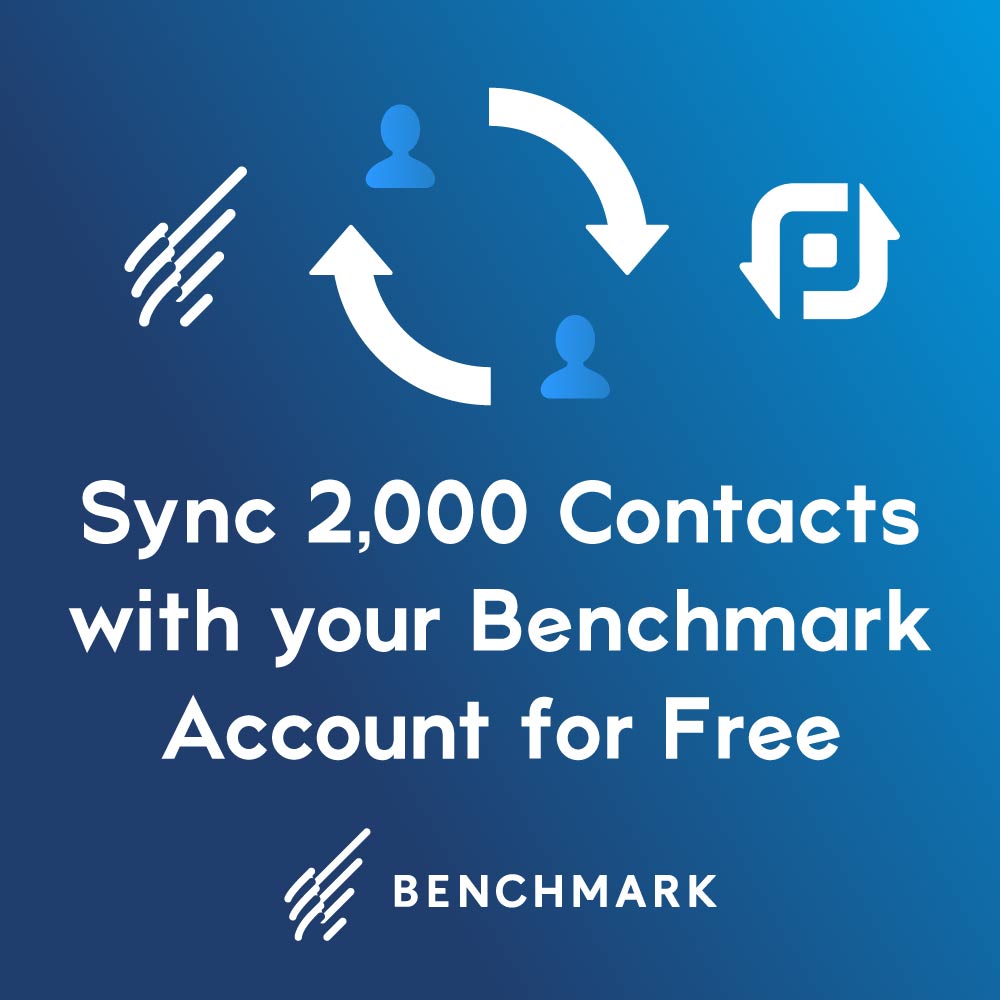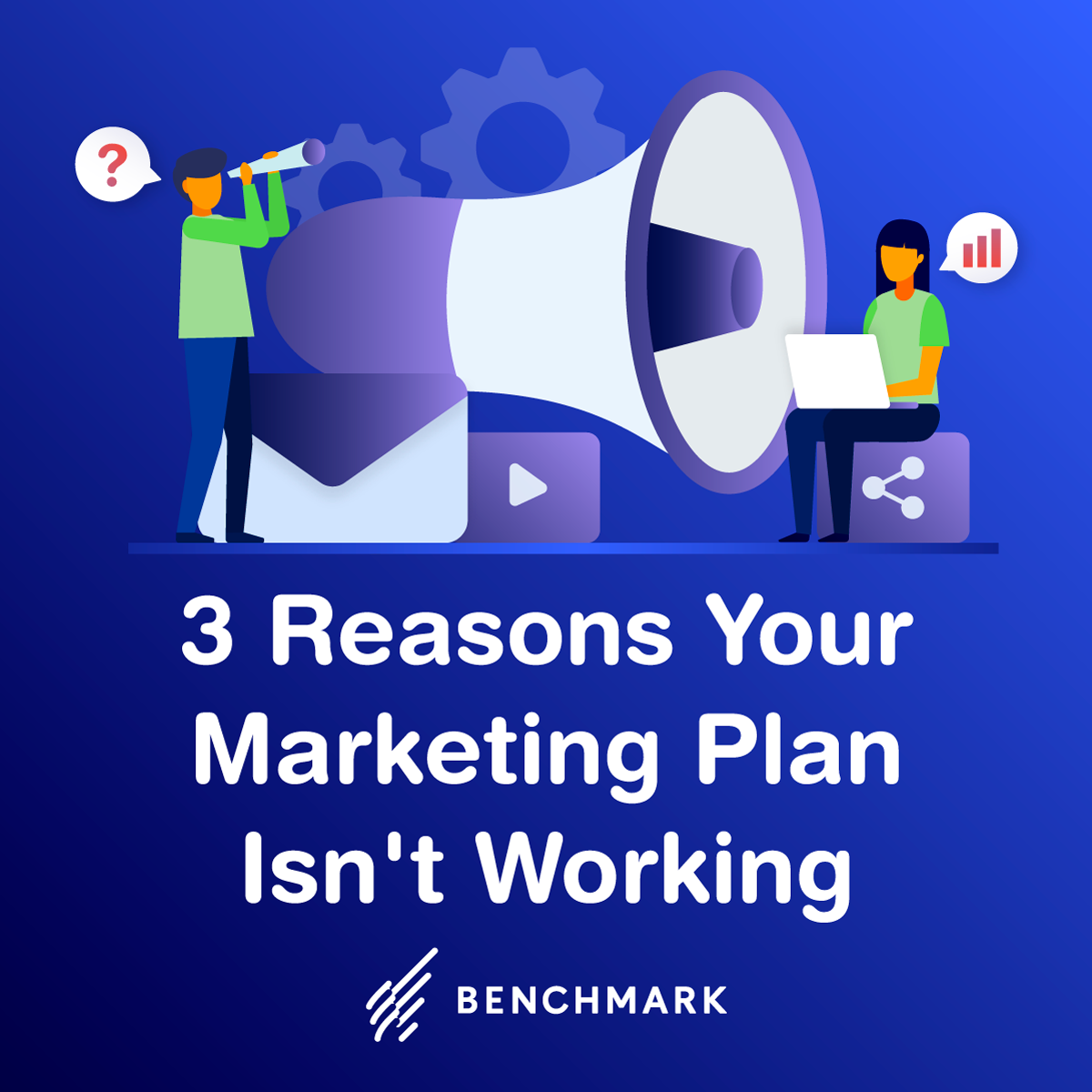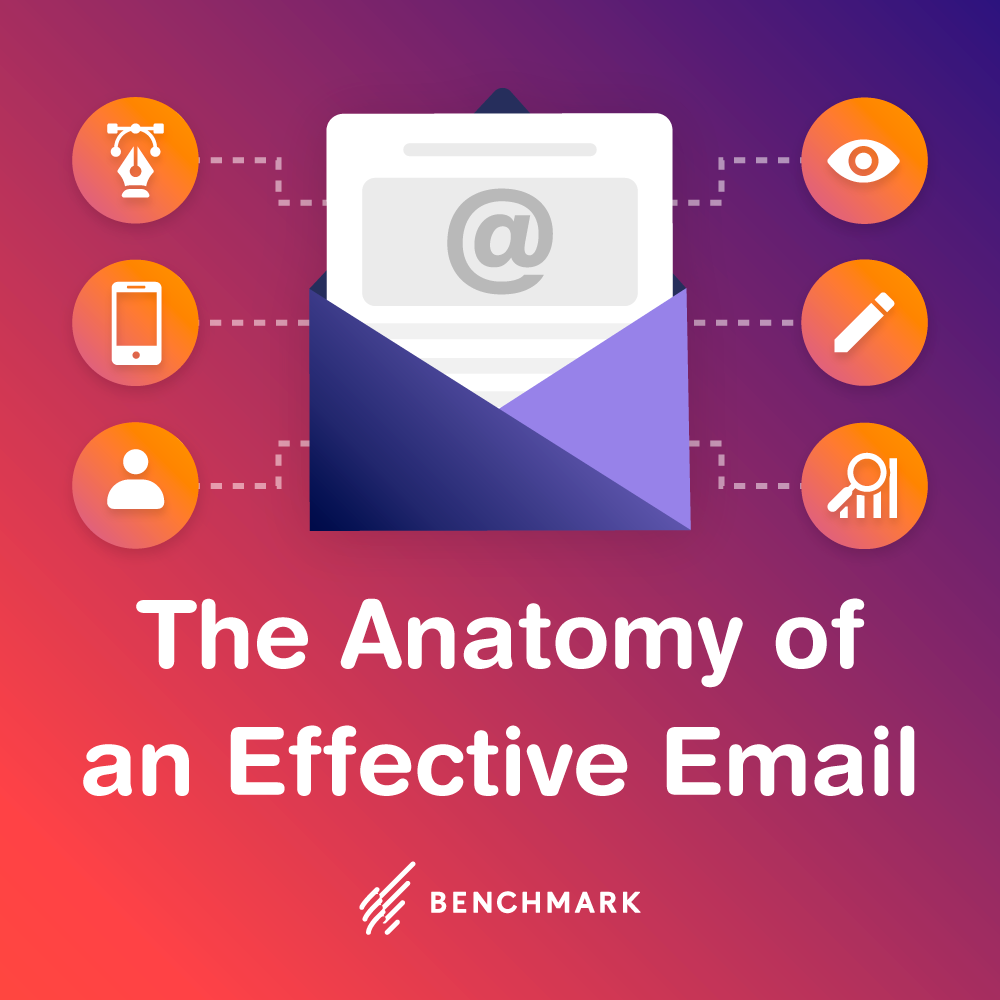The CRM is comprised of modules like contacts, leads and organizations
A module is basically a type of record. Each record is made up of many fields that hold the information that’s important to the type of module.
Here are the main record types within the Benchmark’s online CRM software:
Leads
Leads are people that you may or may not want to convert to real contacts. They are potential business, but you don’t yet have a relationship established with them. Leads are important to many sales teams so that they can track people who might become customers without having to clog their main contact database with what later might turn out to be junk leads.
You can send email to leads, create activity records (tasks, events, calls) related to your lead. But you can’t create related opportunities or support tickets for them. To do that, you’ll want to convert your lead to a contact first.
The Lead fields include details like:
- First name
- Last name
- Phone
There are more default fields and – like any other module – you create custom fields that are important to your business.
Contacts
Contacts are people who are important to your business. You have already started and are building a relationship with them. They could be customers, donors, partners, etc.
You can send email to your contacts, create follow up activities for them, but the real relationship building features is that you can create and relate support tickets, and opportunities to them.
The Contact fields include details like:
- First name
- Last name
- Phone
- Related organization
Organizations
Organizations are the companies with whom you do your business. They also could be companies that your important contacts work for.
While organization records contain fields like name, address, website, phone, etc., the power of the organization record is that it functions as an umbrella for all related records. This means that one can quickly see all contacts related to an organization, all the support tickets related to these contacts and any opportunities related to the organization or its contacts… all right from the single organization record.
The Organization fields include details like:
- Organization name
- Website
- Phone
Opportunities
Opportunities are specialized records contain fields relevant to a possible sale or deal.
The Organization fields include details like:
- Amount
- Expected close date
- Probability of closing
- Stage – these are the milestones your opportunity will travel through
- Related contact
- Related organization
Opportunities are friendly to both B2B and B2C business models. If your company is a business that sells to other businesses, you’ll most likely create the opportunities and relate them to organizations. If your company sells directly to people, you’ll be happy to know that you can just as easily create and relate the opportunity directly to a contact. You can do either or both depending on the unique needs of that deal.
Support Tickets
Support Ticket records have fields related to your customer service/support issues:
- Ticket Number
- Subject – a summary of the issue
- Description – further details of the issue
- Due Date – by when should this issue be solved
- Requester – a ticket can be opened for a contact or even internally for another CRM user
- Priority – this helps you and your team to know which tickets should be solved first
- Status
- Open – this ticket is not yet solved
- Pending – ticket is awaiting input from the requestor
- Solved – ticket is considered closed and needs no further action
CRM users can quickly create, reassign and solve issues because all the emailing is handled right from the ticket. You can have multiple conversations with multiple people on a single ticket. You can even create activities (tasks, event, calls) that are related to the ticket.
Activities
Activities are made up of tasks, events or calls. These “todos” can be anything and can be related to any module. An activity has a subject, priority, description and can be related to a person (contact or lead) or non-person (organization, opportunity, support ticket, project).
- A task is an activity with only a due date
- An event (ex: meeting) has a start date/time and end date/time.
- A call has a start time and duration.
Activities will show up on your calendar. You can create multiple alerts (via email or in-dash notification) to remind you of what you need to do.
Projects
Projects are great for the planners in your company. Beyond name, start time, end time and phase; a project can be customized to hold any fields that help your company manage a project’s completion via its related activities. You can send emails back and forth related to the project. You can create activities related to the project to help you complete your project.
If you need help creating custom fields, please see this FAQ.



